In 1972, Japanese director Akio Jissoji concluded his Buddhist trilogy, whose previous entries were “This Transient Life” and “Mandala”. As viewers are now finally able to experience these films on blu-ray format thanks to a recent release by Arrow Academy, we can take a closer look at an important entry within the Japanese New Wave Movement, which many of us associate with names such as Seijun Suzuki and Nagisa Oshima since they, among others, remain the most known or popular artists of that time (at least for many Western audiences).
In general, Jissoji addition to the movement, or rather Japanese cinema as a whole, is a bridge between modernity and tradition, between the revolutionary ideologies of the 1960s and the system of beliefs which have defined the country for so long (and still do). As film scholar David Desser points out in his introduction to “Poem”, Jissoji has managed to create highly individual works whose thematic and technical richness label them not only important for the time, but in many ways quite contemporary.
Buy This Title
In the final entry of the Buddhist trilogy, we are introduced to the Moriyama family, who is quite well-off thanks to the success of Yasushi Moriyama (Shin Kishida) as a lawyer. However, quite recently, he and his wife Natsuko (Eiko Yanami) have been pondering over the idea to change the family home, selling parts of it or destroying the garden to make room for something new. While they are talking about discussing the plans with Yasushi's father, their houseboy Jun (Kon Ichikawa) not only thoroughly follows his duties, but is also deeply opposed to any ideas of changing or selling the family's property due to his deep sense of duty and devotion to the Moriyamas.
While his business partner engages in an affair with a worker in their company, the arrival of Yasushi's brother Tozu not only further fuels the tensions within the family, but also the plans to get rid of the family's property once and for all.
Even though the idea of change is omnipresent within the film, there is a distinct skepticism towards the nature of it, especially as it is forced by the characters. An early sequence showing Yasushi and his wife together with his parents may hint at the huge gap between two generations. Keeichi Uraoka's editing highlights this emotional and ideological distance as well as the architecture of the shot, for example, by showing Yasushi in a close-up or him turning away from his father smoking. His business suit seems to be the perfect uniform, a significant difference to the kimono his father wears. In contrast to his servant Jun, his visits to his parents have a distinct utilitarian motive, whereas Jun associates these visits with his beliefs and traditions, such as the Bon Festival and other important festivities. Given the nature of the representatives of change in the film, it seems more selfish and destructive, devoid of any positive aspects.
Quite interestingly, Jissoji has decided to make a young character, normally a representative of the more positive aspects of change, represent traditional, Buddhist ideals. His predilection for calligraphy, his devotion towards his master and the enigmatic longing to deepen his beliefs, for example, by copying the inscriptions from gravestones show him as someone who opposes the ideas of his employers who has exchanged spirituality with money and (to some extent) sensual pleasures. At the same time, Jun does not interfere with the various scenes of moral corruption and the affairs within the household during his duties, perhaps as a way to emphasize the inescapability of things to come and his own powerlessness.
As with the previous two entries of the trilogy, “Poem” is visually just as challenging as its plot. Whereas especially the interior scenes highlight the character's conflicts, the chasm between tradition and change, Jissoji's visual approach, and also Masao Nakabori's cinematography, blend the more traditional family drama (for example, in the works of Yasujiro Ozu) with a more modern sensibility.
In the end, “Poem”, like the other entries of the trilogy, is a difficult, a challenging film for its viewer. This is a film which seems to be in search for answers, a narrative deeply embroiled in a dilemma of how to proceed, but certain that we have reached a turning point between our beliefs and a profound (but potentially dangerous) change in our lives.


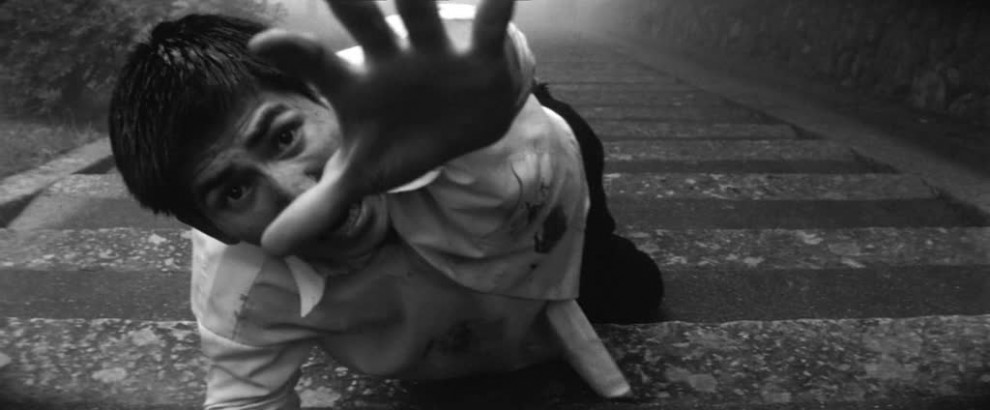
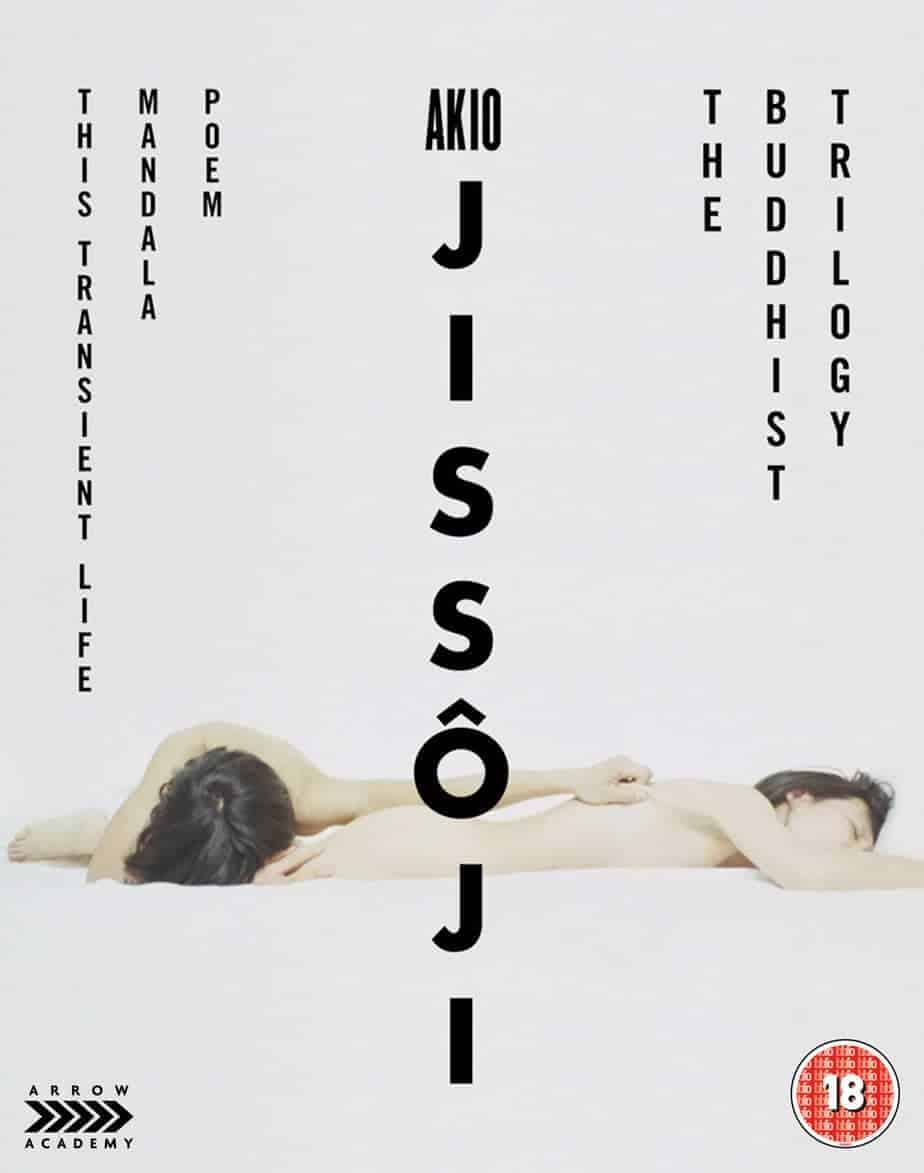
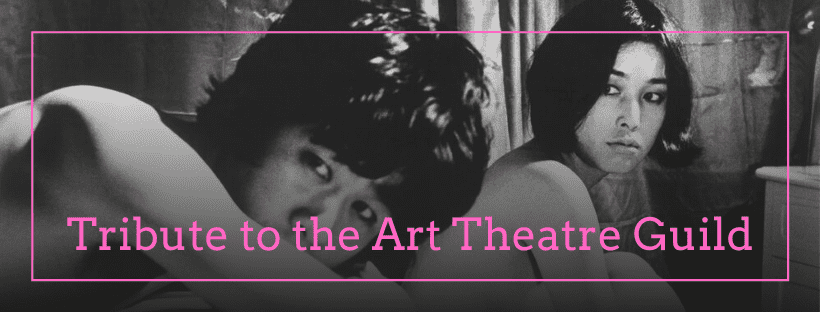
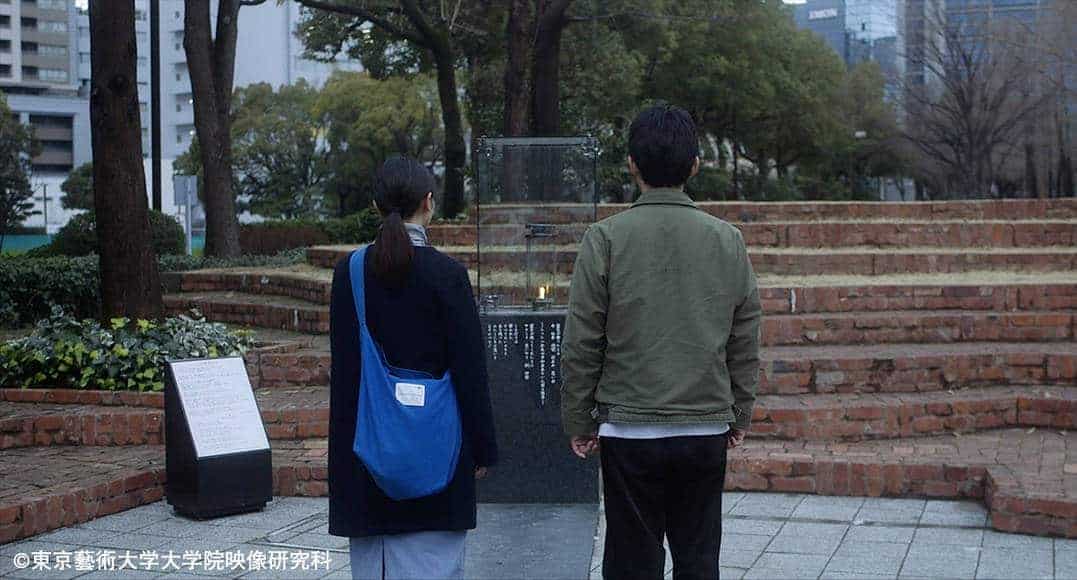

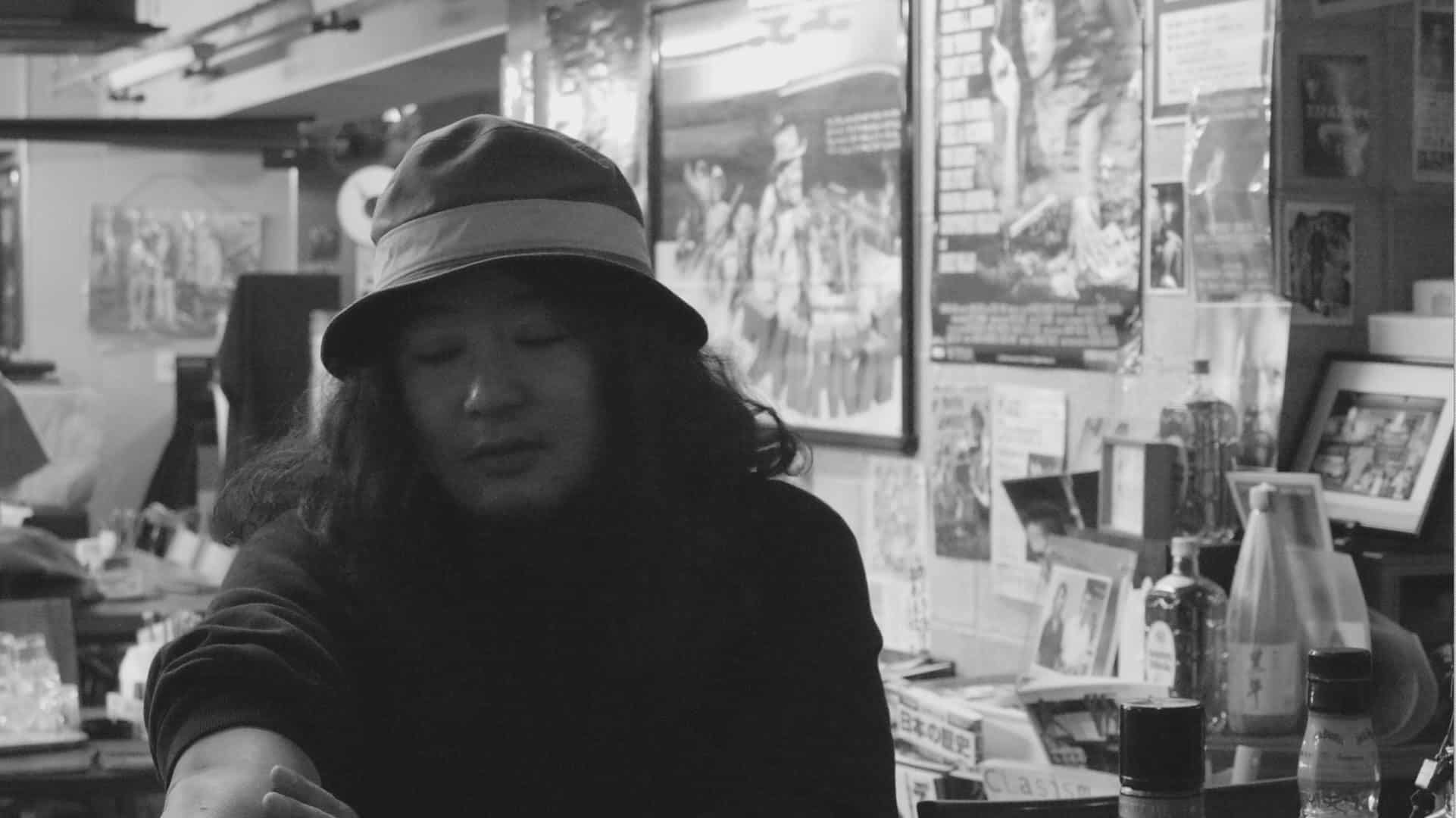
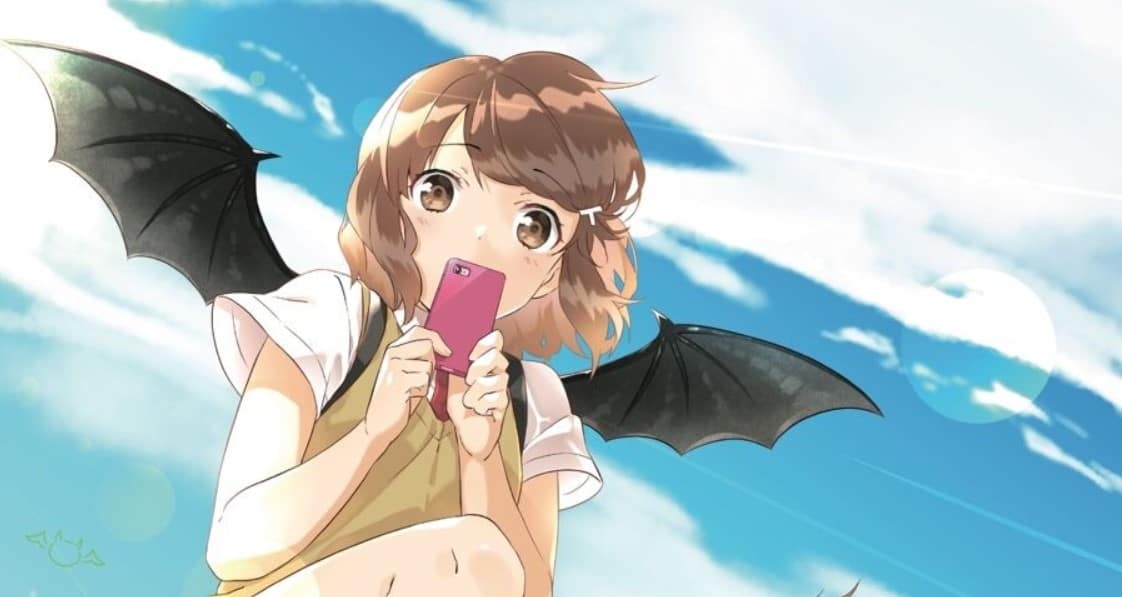
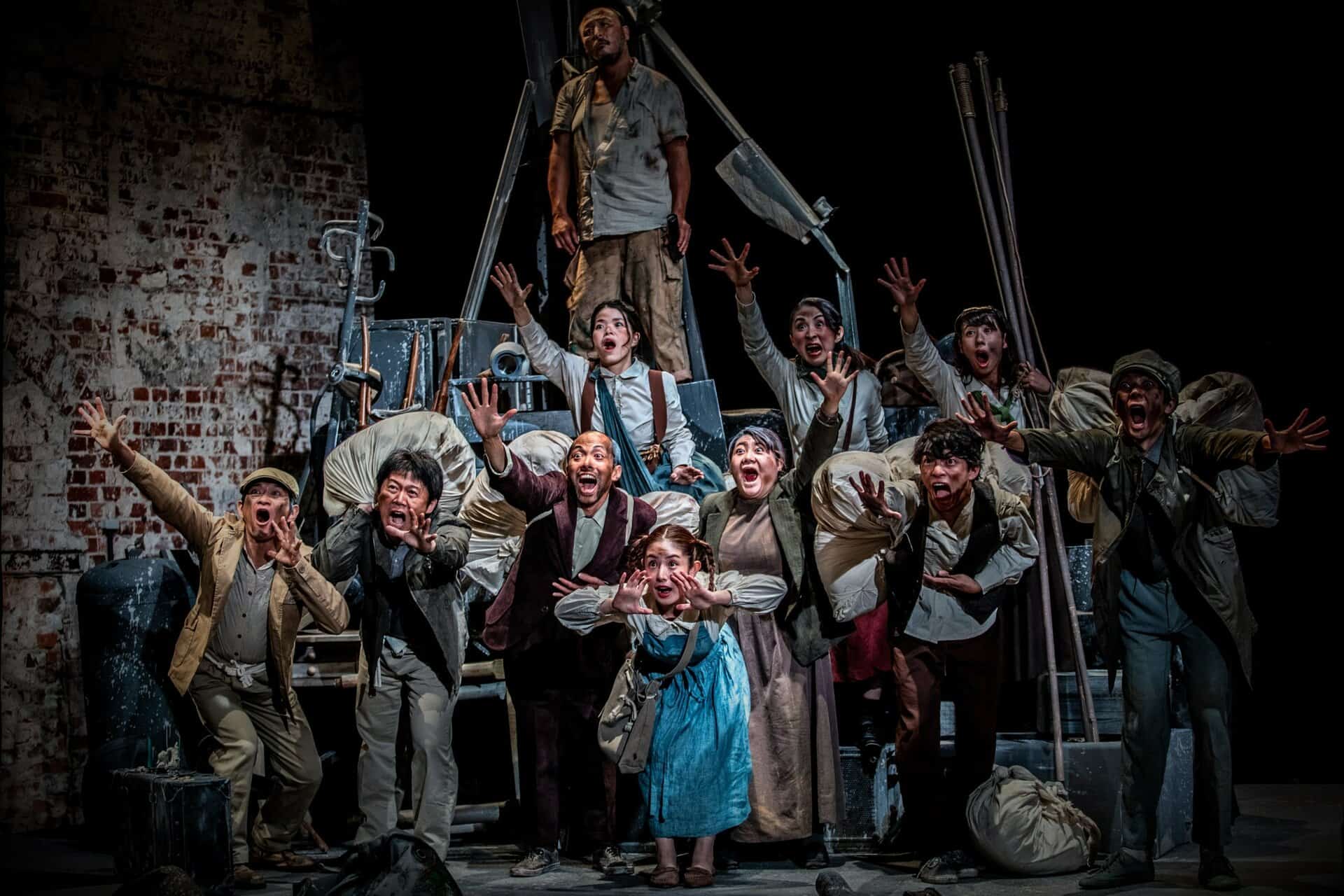








Excellent reviews of some very…interesting and beautifully made films. Any plans to review “It Was A Faint Dream” on the set? It’s very overlooked compared to the films in the “trilogy”, being paradoxically the most subdued but possibly the densest of all of them.